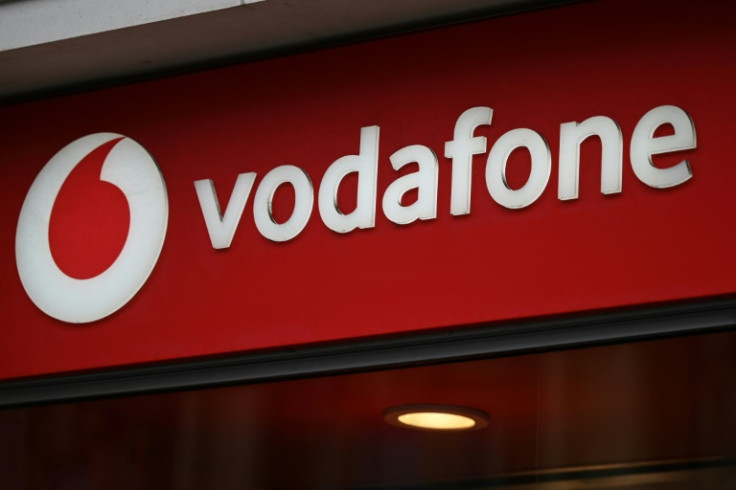
Vodafone and Microsoft have announced a 10-year strategic partnership that aims to bring generative AI and virtual data centres to more than 300 million customers.
The historic agreement, revealed on Tuesday, will see the companies collaborate to offer revamped digital platforms to businesses, public sector organisations, and consumers across Europe and Africa.
Through the partnership, Vodafone is seeking to transform its customer experience using Microsoft's generative AI tools.
Generative AI is defined as applications typically built using foundation models.
These models contain expansive artificial neural networks inspired by the billions of neurons connected in the human brain.
Foundation models are part of what is called deep learning, a term that alludes to the many deep layers within neural networks.
Deep learning has powered many of the recent advances in AI, but the foundation models powering generative AI applications are a step-change evolution within deep learning.
Microsoft is one of the world's leaders in the development of generative AI, which it is embedding into its popular business software products.
It has invested more than $10 billion into OpenAI, the creator of ChatGPT, and the two businesses have a close partnership, with Microsoft boss Satya Nadella, and Sam Altman, the AI company's chief executive, frequently appearing together.
Vodafone's venture into generative AI will cost them an estimated $1.5 billion over the next 10 years, as the company hope to replace many of its European data centres with 'virtual' ones operated by Microsoft's Azure cloud platform on top of the introduction of a range of AI-powered services to customers.
The company claims the power of Microsoft Azure OpenAI will increase customer satisfaction by delivering "frictionless, real-time, proactive, and hyper-personalised" experiences across all Vodafone customer touchpoints, including its digital assistant TOBi.
In return, Microsoft will receive a stake in Vodafone's standalone 'Internet of Things platform' as well as access to Vodafone's fixed and mobile connectivity services.
Microsoft also intends to invest in Vodafone's managed IoT connectivity platform, which will become a separate, standalone business by April 2024.
The new company will attract new partners and customers, driving growth in applications and expanding the platform to connect more devices, vehicles, and machines.
Speaking about the decade-long partnership, Margherita Della Valle, Vodafone Group chief executive, said: "Today, Vodafone has made a bold commitment to the digital future of Europe and Africa. This unique strategic partnership with Microsoft will accelerate the digital transformation of our business customers, particularly small and medium-sized companies, and step up the quality of customer experience for consumers."
"This new generation of AI will unlock massive new opportunities for every organisation and every industry around the world," said Satya Nadella, chairman and CEO, of Microsoft.
"We are delighted that together with Vodafone we will apply the latest cloud and AI technology to enhance the customer experience of hundreds of millions of people and businesses across Africa and Europe, build new products and services, and accelerate the company's transition to the cloud."
Following the announcement of the deal, Microsoft's shares rose as much as 0.7 per cent.
However, the tech giant has found itself in hot water over the past few months, following allegations of copyright infringement through its AI tools.
The New York Times sued ChatGPT-maker OpenAI and Microsoft in a US court, alleging that the companies' powerful AI models used millions of articles for training without permission.
Through their AI chatbots, the companies "seek to free-ride on The Times' massive investment in its journalism by using it to build substitutive products without permission or payment," the lawsuit said.
Copyright is becoming a major battleground for the much-hyped generative AI sector, with publishers, musicians and artists increasingly lawyering up to get paid for technology that is being built with their content.







